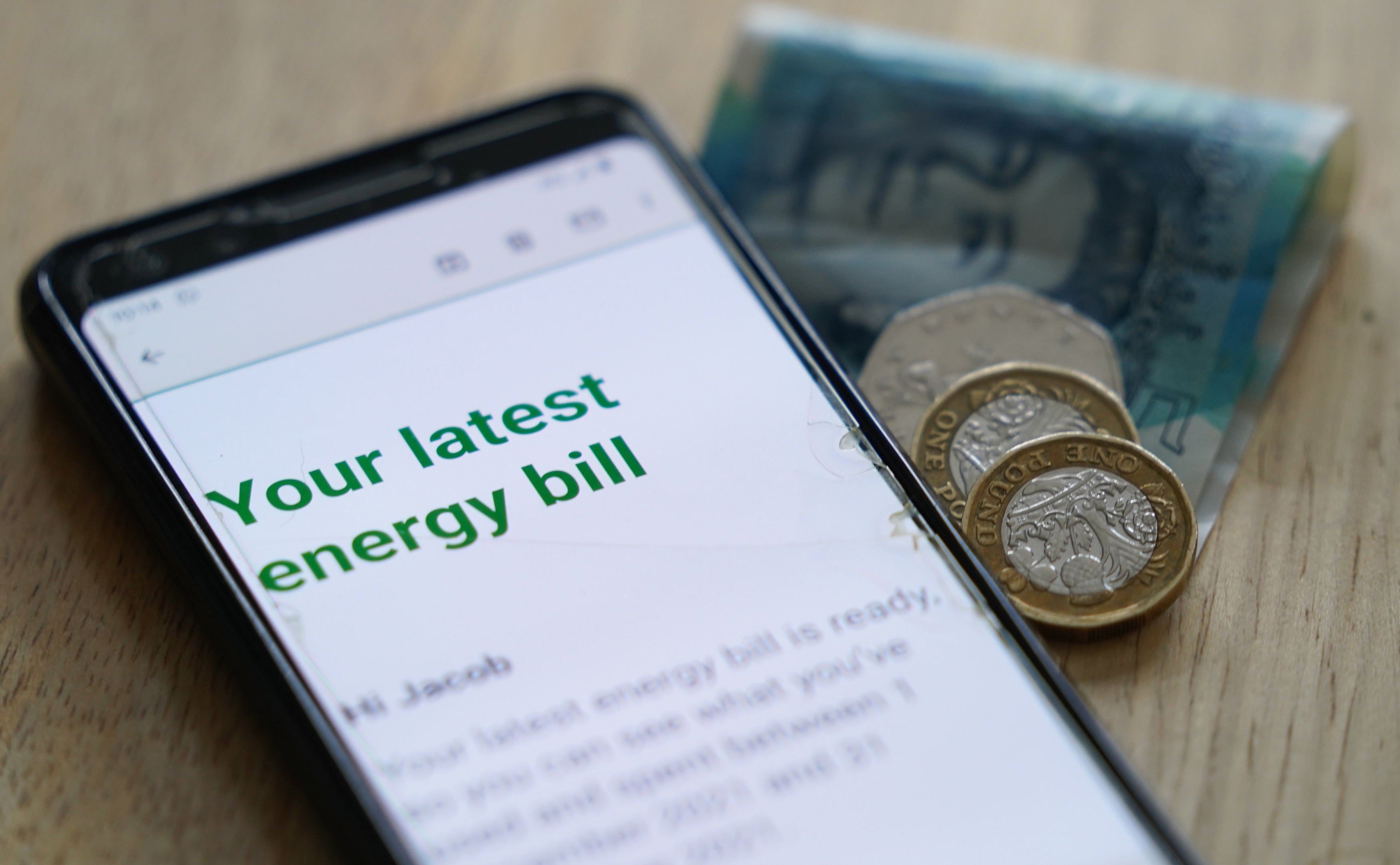Half of low-income families ‘feel powerless to control finances’
Cost of living crisis and Covid-19 to blame, poll suggests

Your support helps us to tell the story
From reproductive rights to climate change to Big Tech, The Independent is on the ground when the story is developing. Whether it's investigating the financials of Elon Musk's pro-Trump PAC or producing our latest documentary, 'The A Word', which shines a light on the American women fighting for reproductive rights, we know how important it is to parse out the facts from the messaging.
At such a critical moment in US history, we need reporters on the ground. Your donation allows us to keep sending journalists to speak to both sides of the story.
The Independent is trusted by Americans across the entire political spectrum. And unlike many other quality news outlets, we choose not to lock Americans out of our reporting and analysis with paywalls. We believe quality journalism should be available to everyone, paid for by those who can afford it.
Your support makes all the difference.Millions of low-income families feel out of control when it comes to their day-to-day financial health, a survey suggests.
A poll of 1,000 adults with a pre-tax annual household income of less than £16,500 found that 47 per cent felt powerless when it came to managing their income and debt.
And 32 per cent wished they had more of a grip on their energy use, while others longed for more control on their monthly bills (46 per cent) and their social schedule (18 per cent).
A combination of the coronavirus pandemic, cost of living crisis and high energy prices has left half feeling they did not have as much control over their lives as they did two years ago.
As many as 66 per cent put this down to the rising energy costs, while six in 10 blamed it on high food prices.
But technology played a big role when it came to feeling more in control, according to two thirds of those surveyed, with banking apps (53 per cent) named as the top tech that families relied on.
Others relied on instant messaging chats (30 per cent), online to-do lists (29 per cent) and health tracking devices (18 per cent) to keep on top of things.
And, hypothetically, having no access to technology would make 28 per cent feel less in control of their lives.
A spokesperson from Smart Energy GB, which commissioned the survey, said: “It is a very difficult time for many households right now, but there are small steps we can all take to shore up our sense of control.
“Smart meters can be a really helpful tool for providing visibility on energy use and avoiding the uncertainties of estimated bills.
“They are available at no additional cost and the installation process is straightforward, usually taking an average of just two hours.”
The poll also found 59 per cent turned to a close-knit circle of friends for help and support when times got tough.
And people in the low-income households polled spent an average of 19 minutes speaking to their loved ones online each day.
These conversations gave a boost of confidence to 48 per cent as they felt more in control of their lives after talking to friends and family.
But 28 per cent had had to secure debt support to deal with the rising costs of living– - although six in 10 felt confused about financial advice.
Top worries in the low-income community included having substantial savings (40 per cent), being able to get on the property ladder (27 per cent) and not being able to afford hobbies (25 per cent).
However, 68 per cent felt it was impossible to save money due to the increasing costs of everyday items, according to the OnePoll survey.
Zoe Aston, a psychotherapist, said: “We’re in some really difficult times right now. Energy prices are still rising and there is very little that any of us feel able to do about it.
“However, there are some small things, such as banking apps and smart meters, that can help you feel a little less vulnerable around your finances right now.”
She added: “While technology can’t change anyone’s ability to pay their bills, there are certain tools and devices that can help us to make more informed decisions about our finances or energy use.
“Paying attention to the reality of what is happening and making informed decisions, from a balanced place, based on accurate information, means we can approach this difficult time in as healthy a way as possible to each individual.”



Join our commenting forum
Join thought-provoking conversations, follow other Independent readers and see their replies
Comments